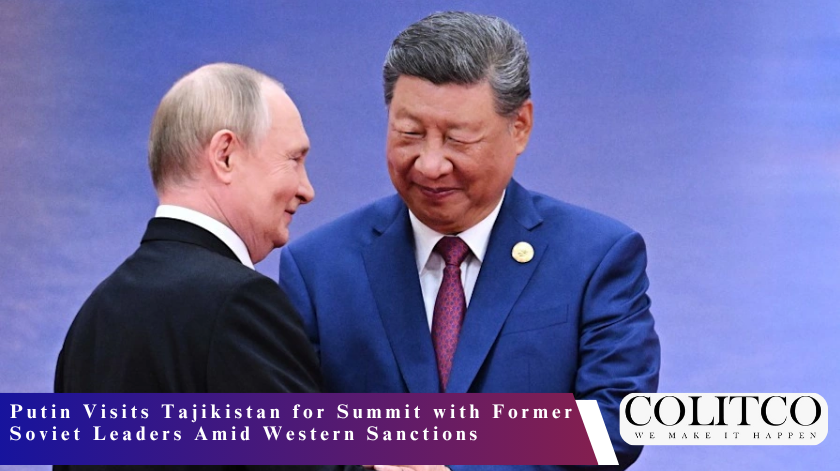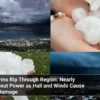Putin Begins Visit to Tajikistan
The recent Putin visit to Tajikistan is his most recent attempt to cement his relationship with the Central Asian allies, as Western sanctions continue to be imposed. Vladimir Putin, the Russian president, flew to Dushanbe on Wednesday to pay a three-day state visit to Tajik President Emomali Rahmon, and then travelled to a state summit of former Soviet states.
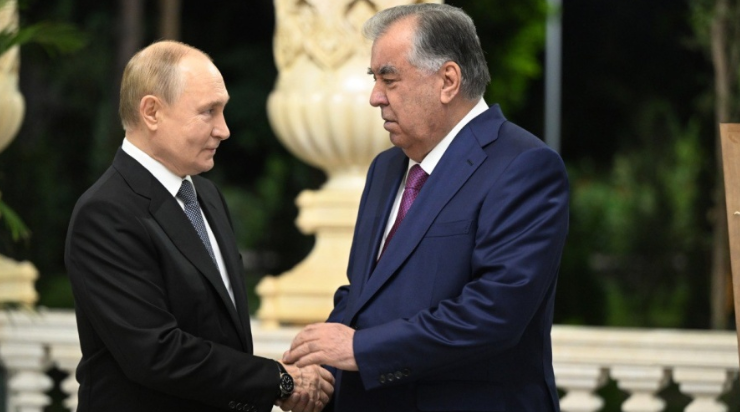
The visit started with official discussions about the political and economic collaboration between Moscow and Dushanbe. The arrival of Putin is at a moment when Russia is increasingly becoming isolated by the Western powers because of the ongoing war in Ukraine. The meetings portend the desire of Russia to strengthen its influence in Central Asia, which is regarded as the classical field of cooperation since the Soviet times.
Forum unites the heads of regions
After a bilateral meeting, Putin will attend the Russia-Central Asia summit together with the heads of Kazakhstan, Kyrgyzstan, Turkmenistan, and Uzbekistan. Subsequently, Armenian, Azerbaijan and Belarus heads will attend wider Commonwealth of Independent States (CIS) meetings.
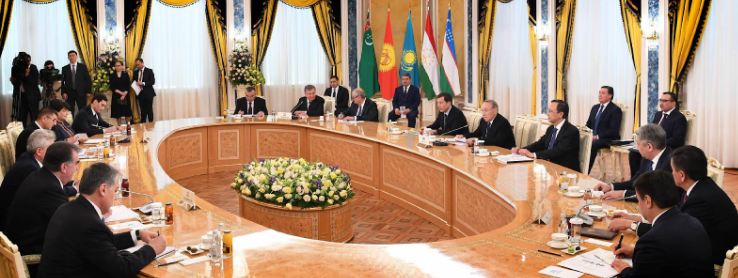
The meetings in Tajikistan are supposed to encompass trade relations, regional stability and economic coordination. The visit by Putin is part of a wider diplomatic effort to maintain the relationship that Russia had with neighbouring states during the times of Western sanctions. It also enables Moscow to reassert its position as a major political and economic ally in Central Asia, where other world superpowers like China are gaining ground.
Temporary Travel With Warrant of Arrest on ICC
The Putin visit to Tajikistan is organised in restricted travel conditions due to the issue of the 2023 warrant issued by the International Criminal Court. The Russian president has been accused in the warrant of committing war crimes regarding the conflict in Ukraine. The ICC countries are bound to exercise such warrants, restricting Putin internationally to friendly countries or non-aligned countries.
Tajikistan is a signatory to the ICC, though it has good ties with Russia and has a Russian military base. Although Dushanbe should restrict the warrant as required by its treaty, the country has been deemed unlikely to do so, indicating that the two countries have strong political and security relationships. The case shows that Moscow still puts much emphasis on diplomatic ties with nations that are still receptive to cooperation, regardless of the external demands.
Pay attention to Economic and Security Cooperation
Negotiation at the summit will focus on security in the region, economic growth, and regional cooperation. Tajikistan and other Central Asian countries depend on Russia greatly in terms of trade, energy and labour flows. It is also likely that the issue of Central Asian migrant workers in Russia, which is an important economic connection that benefits millions of families in the region, should be discussed.
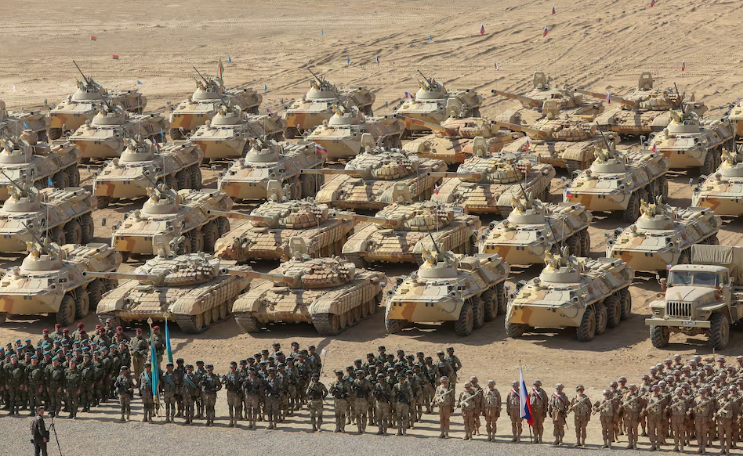
Another important one is defence cooperation. Russia still has several military bases in Central Asia and still augments the governments of the region with training and drills on security. The two are supposed to deliberate on measures of countering any possible threat in the region, such as terrorism and transnational crime.
Striking a Balance between Regional Relationships
It is also during a period of shifting diplomatic relations in Central Asia during a visit by Putin. There are other countries that have adopted more neutral stances with respect to the war in Ukraine, like Kazakhstan and Uzbekistan. Such changing positions have forced Russia to strike a delicate balance between its regional policy and yet remain at the top of the hierarchical position among the former Soviet states.
As can be seen, previous meetings involve strained interactions. During a previous summit, Tajik President Emomali Rahmon appealed to Moscow to be more respectful to smaller Central Asian countries. The recent summit is meant to reaffirm the cooperation and also enhance economic and political dialogue despite past differences.
Russia’s Strategic Outreach
The Putin visit to Tajikistan is another development that is related to the broader Russian attempt to retain a presence in its post-Soviet region as the world alliances change. The Western sanctions have caused Moscow to strengthen ties with the Asian, African, and Middle Eastern partners. The reinforcement of its presence in Central Asia will enable Russia to maintain its economic networks in addition to influencing the region.
The summit also reflects the efforts by Russia to maintain political relationships during the period of global limitations that still prevail in the industry of trade and finance. In the case of Central Asian countries, the collaboration with Moscow is still worth cooperation in the form of energy supplies, remittances, and security guarantees.
Also Read: Will Inflation Make Powerball Harder to Win?
Final Thoughts
The Putin visit to Tajikistan highlights how Russia is continuing with its policy of reaching out to its former Soviet allies in the face of constant sanctions by the West. Moscow is trying to maintain long-standing allies, economic cooperation, and influence in the region through the assistance of meetings in Dushanbe and even the broader Central Asian summit.
With the Western pressure mounting, the interest that Russia shows in Central Asia is an indication that it is conscious of ensuring its own stability in its immediate neighbourhood and re-establishing its international alliances by engaging in diplomacy and strategy.
FAQs
- Why is Putin visiting Tajikistan?
Putin is visiting Tajikistan to attend a regional summit with leaders of former Soviet states and strengthen diplomatic and economic ties amid ongoing Western sanctions. - When does Putin’s state visit to Tajikistan occur?
The visit takes place over three days in early October, including official meetings with Tajik President Emomali Rahmon and other regional leaders. - Which countries are participating in the summit?
Leaders from Kazakhstan, Kyrgyzstan, Turkmenistan, Uzbekistan, Armenia, Azerbaijan, and Belarus are attending the summit alongside Russia and Tajikistan. - What agenda items will be discussed at the summit?
The summit focuses on regional cooperation, trade, security issues, energy collaboration, and the movement of migrant workers between Russia and Central Asia. - Does the ICC arrest warrant affect Putin’s travel?
Yes. The International Criminal Court warrant issued in 2023 limits Putin’s travel to countries that are unlikely to enforce the order, restricting his international visits mainly to allied or neutral nations. - Is Tajikistan expected to enforce the ICC warrant?
Although Tajikistan is a member of the ICC, it maintains strong military and economic relations with Russia and is not expected to enforce the arrest warrant during Putin’s visit. - What did Putin say about Tajik-Russia relations during talks?
Putin described Russia and Tajikistan as long-standing allies and emphasised the importance of continued cooperation in trade, defence, and regional stability.

